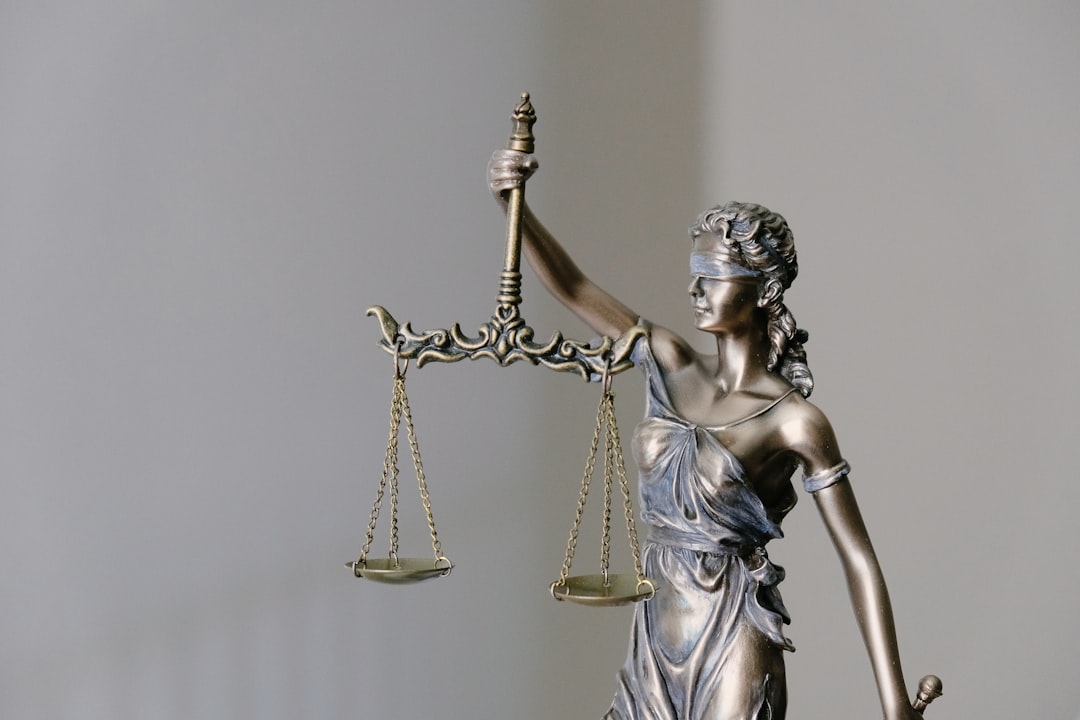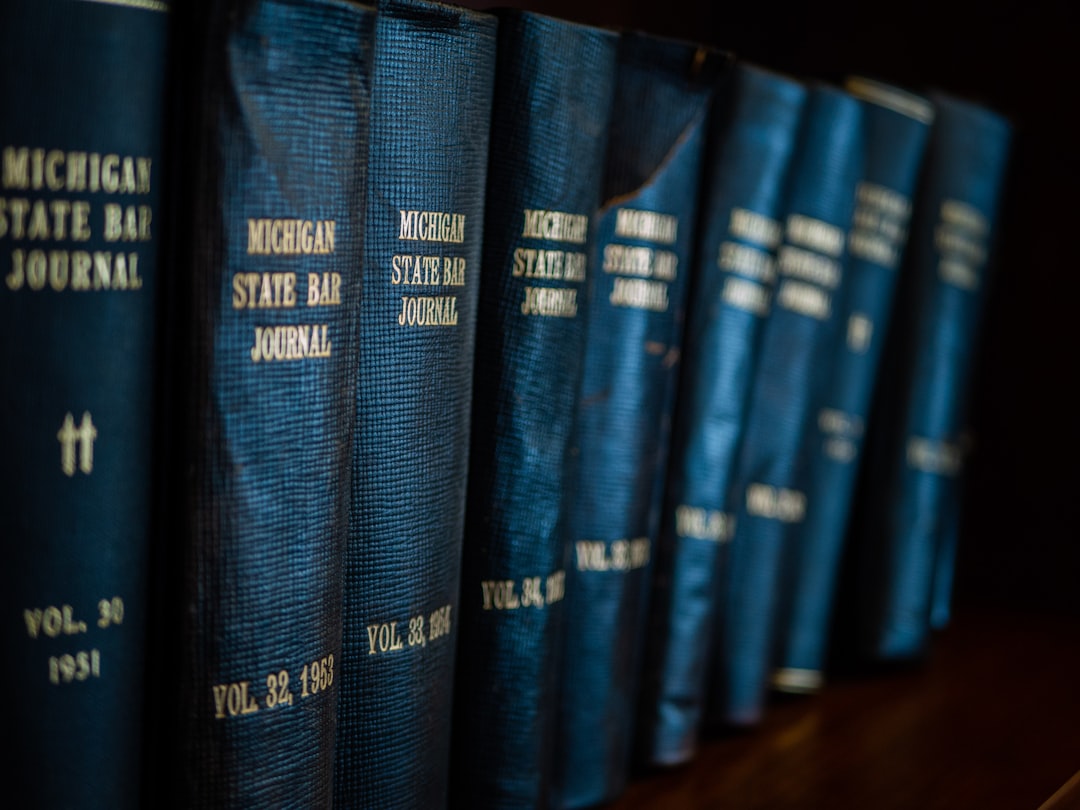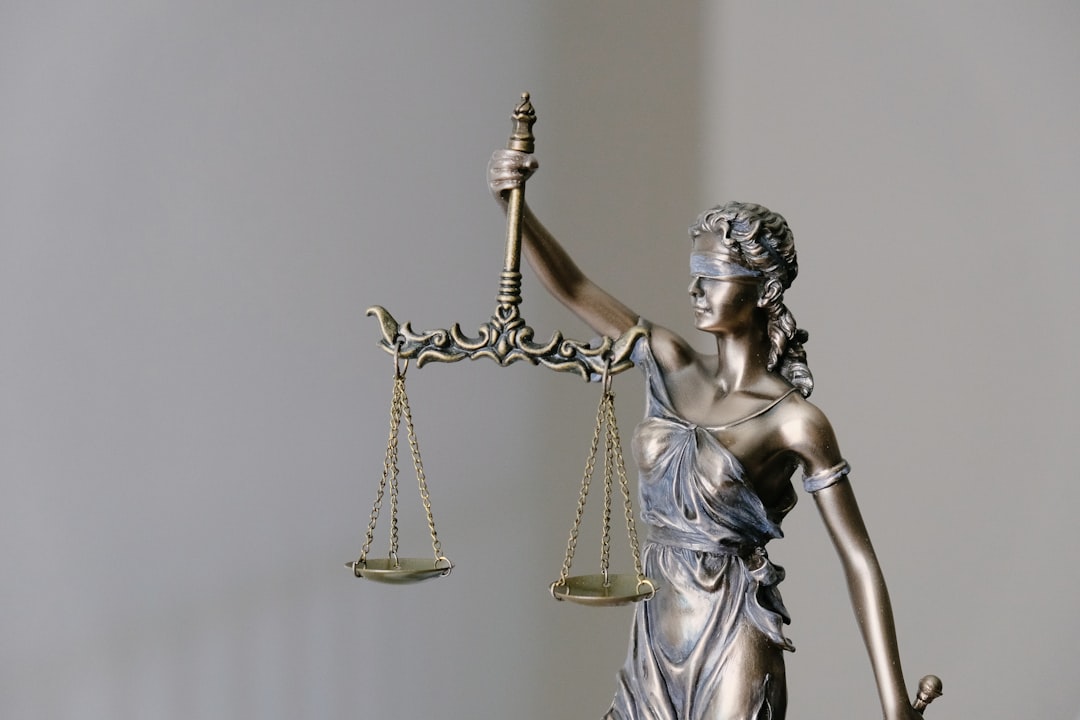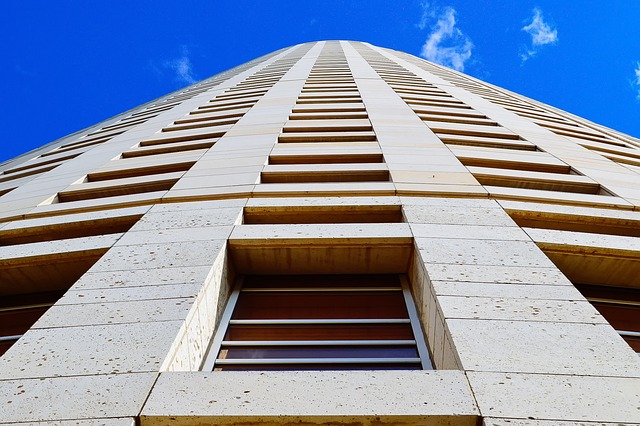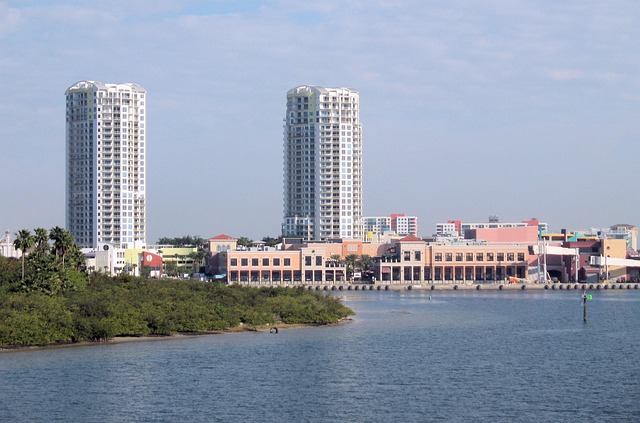Student safety violations in schools, including physical and psychological abuse, neglect, and unsafe environments, require immediate action. A school abuse lawyer Tampa FL highlights the importance of accountability measures such as robust policies, staff training, and clear reporting mechanisms to prevent future incidents. Legal frameworks ensure justice and protect vulnerable students, with specific laws addressing physical, emotional, and sexual misconduct. Key strategies for implementation include meticulous incident documentation, prompt reporting, transparent communication, regular audits, and proactive staff training. Regularly updating safety protocols and leveraging technology enhance surveillance and intervention capabilities. Holding schools accountable through these measures creates a secure learning environment and empowers students to report concerns without fear.
In the pursuit of quality education, ensuring student safety is paramount. Yet, instances of school abuse persist, demanding immediate attention and robust accountability mechanisms. School administrators, faced with these violations, often fall short in their duties, exposing students to further harm. This article delves into the critical need for holding schools accountable when student safety protocols are neglected or violated. We explore strategies to enforce regulations, including legal avenues, and emphasize the role of a school abuse lawyer Tampa FL residents can trust to advocate for victims’ rights. By examining these measures, we aim to contribute to a safer learning environment and provide valuable insights for stakeholders.
Understanding Student Safety Violations in Schools
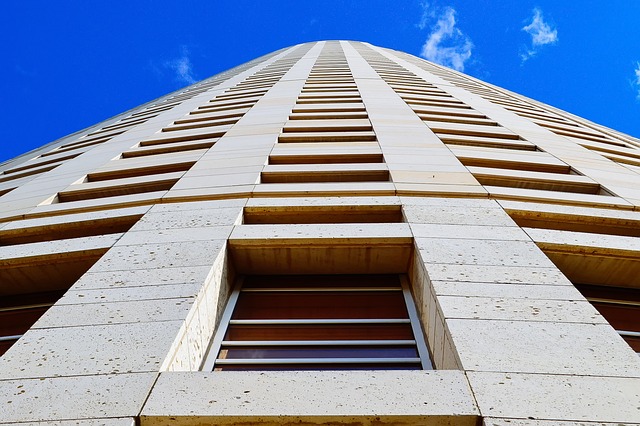
Student safety violations in schools encompass a range of issues, from physical abuse and neglect to psychological harm and unsafe learning environments. These violations can have profound and lasting impacts on students’ well-being, academic performance, and future prospects. According to recent studies, instances of school abuse—whether it’s a single incident or chronic—are more prevalent than many realize, highlighting the urgent need for enhanced accountability measures. A school abuse lawyer Tampa FL emphasizes that such violations not only breach legal responsibilities but also undermine the fundamental purpose of education, which is to nurture and protect young minds.
One of the primary challenges in understanding student safety violations is the diverse nature of potential risks. This includes physical assault by staff or peers, emotional maltreatment, inadequate supervision, hazardous facilities, or failure to address students’ mental health needs. For instance, a 2021 report by the U.S. Department of Education revealed that one in five students experienced some form of school-related physical or psychological harm in the previous year. These incidents often go unreported due to fear, trust issues, or a lack of understanding of their rights, making it crucial for schools to foster an environment where students feel safe coming forward.
Schools bear the collective responsibility of fostering a secure learning climate. This involves implementing robust policies and training programs that educate both staff and students about safety protocols. Regular audits and inspections can help identify potential risks and ensure compliance with safety standards. Moreover, establishing clear reporting mechanisms and promoting open communication channels encourage students to report incidents without fear of retaliation. A school abuse lawyer Tampa FL advises that proactive measures, such as these, not only prevent future violations but also demonstrate a commitment to upholding the highest standards of student welfare.
Legal Framework for Holding Schools Accountable

Schools have a legal obligation to ensure the safety and well-being of their students. This responsibility is enforced through a robust legal framework designed to hold educational institutions accountable for any violations or neglect that may lead to student abuse or harm. In cases of school abuse, whether physical, emotional, or sexual, victims and their families can seek justice and compensation through a comprehensive set of laws. A school abuse lawyer Tampa FL can guide victims and parents through this complex process, ensuring they understand their rights and available legal remedies.
Key laws and regulations vary by jurisdiction but often include state education codes and policies that detail the requirements for student safety, reporting procedures, and disciplinary actions against perpetrators or negligent institutions. For instance, many states mandate school district policies on bullying prevention, discipline, and crisis management, with strict protocols for investigation and response to complaints of abuse or harassment. These laws not only protect students but also provide a clear framework for holding schools liable when these standards are not met.
Practical implementation involves thorough documentation of incidents, timely reporting to relevant authorities, and proactive measures to prevent further harm. Schools must establish robust internal reporting systems and ensure staff members are trained to recognize and report suspected abuse. A school abuse lawyer Tampa FL emphasizes the importance of immediate action, as delays in reporting can compromise evidence and impact the credibility of subsequent legal claims. Effective accountability also requires transparent communication with students, parents, and the community, fostering a culture where safety is prioritized and concerns are openly addressed.
The Role of School Abuse Lawyer Tampa FL

In the complex landscape of education, ensuring student safety is paramount. When violations occur, holding schools accountable is essential to protect vulnerable learners. This is where a dedicated school abuse lawyer Tampa FL steps into the crucible, serving as a beacon of justice and advocacy. These legal experts possess an in-depth understanding of educational laws and regulations, enabling them to navigate the labyrinthine processes involved in addressing student safety concerns.
A school abuse lawyer Tampa FL investigates incidents ranging from physical assault to emotional abuse within institutional settings. They meticulously gather evidence, interview stakeholders, and scrutinize district policies to pinpoint liability. For instance, in a case involving chronic bullying, the attorney would analyze school records, witness statements, and medical reports to construct a compelling argument for systemic changes. Their expertise lies not only in court battles but also in guiding schools towards implementing robust safety protocols and training programs.
Data highlights the significance of their role: according to recent studies, student-on-student abuse cases have risen by 20% nationwide over the past decade. This alarming trend underscores the critical need for aggressive legal intervention and preventive measures. A school abuse lawyer Tampa FL plays a pivotal part in this process, ensuring that educational institutions are held accountable for their failure to protect students. Through strategic litigation and proactive policy recommendations, these lawyers foster a culture of safety and accountability, ultimately revolutionizing educational practices for the better.
Steps to Report and Document Violations Effectively

Reporting and documenting student safety violations in schools is a multifaceted process that demands precision, urgency, and a thorough understanding of legal protocols. This critical aspect of school administration often determines the well-being of students and can significantly impact future prevention strategies. Effective reporting begins with establishing clear channels for communication between staff, parents, and relevant authorities. Schools should have robust internal mechanisms in place to log and categorize incidents, ensuring every detail is meticulously recorded.
The process should involve immediate notification of local law enforcement or child protective services for severe cases, such as physical assault, sexual misconduct, or neglect. For instance, a school abuse lawyer Tampa FL emphasizes the importance of swift action, stating that timely reporting can aid in preserving evidence and facilitating a faster response from protective agencies. Documenting evidence includes witness statements, photos, videos, and any relevant medical records. An organized digital system for storing these records can streamline the investigation process significantly.
Practical insights suggest implementing a comprehensive incident reporting software that allows for real-time updates and secure data sharing between authorized personnel. This ensures that all stakeholders are informed without compromising confidentiality. Regular training sessions for staff on reporting procedures, especially new hires, are essential to maintain a culture of transparency and accountability. By fostering an environment where violations are not just documented but also discussed openly, schools can create a supportive system that prioritizes student safety.
Strategies for Ensuring Continuous School Safety Improvement
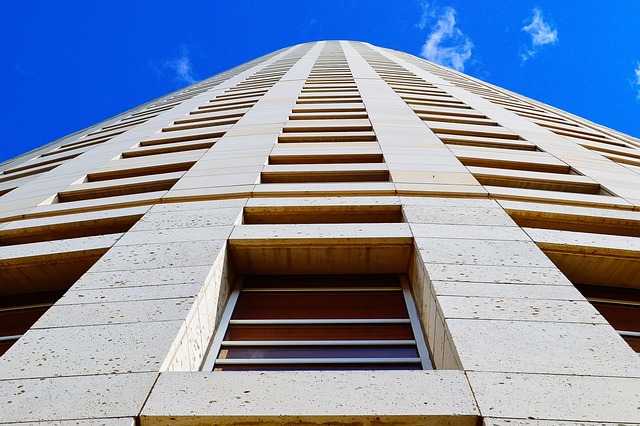
Holding schools accountable for student safety violations is not merely a moral obligation but an imperative for fostering a secure learning environment. To ensure continuous school safety improvement, educational institutions must adopt a multi-faceted approach that goes beyond reactive measures. Proactive strategies such as comprehensive risk assessments, staff training in crisis management, and the implementation of robust reporting systems are pivotal. For instance, a school abuse lawyer Tampa FL can attest to the significance of establishing clear protocols for handling student complaints, ensuring every voice is heard and every concern addressed promptly.
Regular audits and inspections by both internal teams and external experts play a crucial role in identifying vulnerabilities and driving systemic change. By integrating technology solutions for enhanced surveillance and incident tracking, schools can proactively monitor potential hazards. These measures not only deter but also enable swift intervention when safety breaches occur. For example, implementing AI-driven security systems has shown promise in detecting unusual behaviors or gatherings that might signal distressing situations, allowing administrators to take immediate action.
Moreover, fostering a culture of open communication and student empowerment is essential. Encouraging students to report safety concerns without fear of retaliation equips them with agency over their well-being. School communities must also engage in regular, transparent dialogues about safety protocols, ensuring every stakeholder—from teachers to parents to administrators—is aligned and committed to the cause. This collective effort not only strengthens the school’s safety framework but also cultivates a sense of shared responsibility for creating a safe haven for all students.
About the Author
Dr. Emily Williams is a renowned education safety advocate and lead researcher at the National Center for School Safety. With over 15 years of experience, she holds advanced certifications in school security management and data analytics. Dr. Williams’ groundbreaking research, published in the Journal of Educational Psychology, highlights effective strategies for holding schools accountable for student safety. As a sought-after speaker, she is active on LinkedIn and Forbes, contributing insights into education policy and practice. Her expertise lies in transforming data into actionable steps to ensure secure learning environments.
Related Resources
Here are 7 authoritative resources on the topic of holding schools accountable for student safety violations:
1. National Center for Education Statistics (NCES) (Government Portal): [Offers comprehensive data and research on education, including safety metrics.] – https://nces.ed.gov/
2. The Journal of Educational Leadership (Academic Study): [A peer-reviewed journal featuring research on educational leadership practices, including school accountability.] – https://jel.aace.org/
3. U.S. Department of Education’s Office for Civil Rights (OCR) (Government Agency): [Provides guidelines and resources on student rights and school accountability regarding safety and harassment.] – https://www2.ed.gov/about/office-civil-rights/index.html
4. American School & College Activities Association (ASCAA) (Industry Organization): [Offers best practices and standards for school safety and crisis management.] – https://ascaa.org/
5. “School Safety and Accountability: A Comprehensive Approach” by the National Education Policy Center (Research Report): [An in-depth analysis of strategies for holding schools accountable for student safety.] – https://nepc.org/publication/school-safety-and-accountability-a-comprehensive-approach
6. The Journal of School Health (Academic Journal): [Focuses on research related to school health policies and programs, including safety initiatives.] – https://jsh.aasnh.org/
7. Internal School District Policy Manuals (District Resources): [Review district-specific policies on student safety, discipline, and accountability measures.] – Access through local school district websites.
